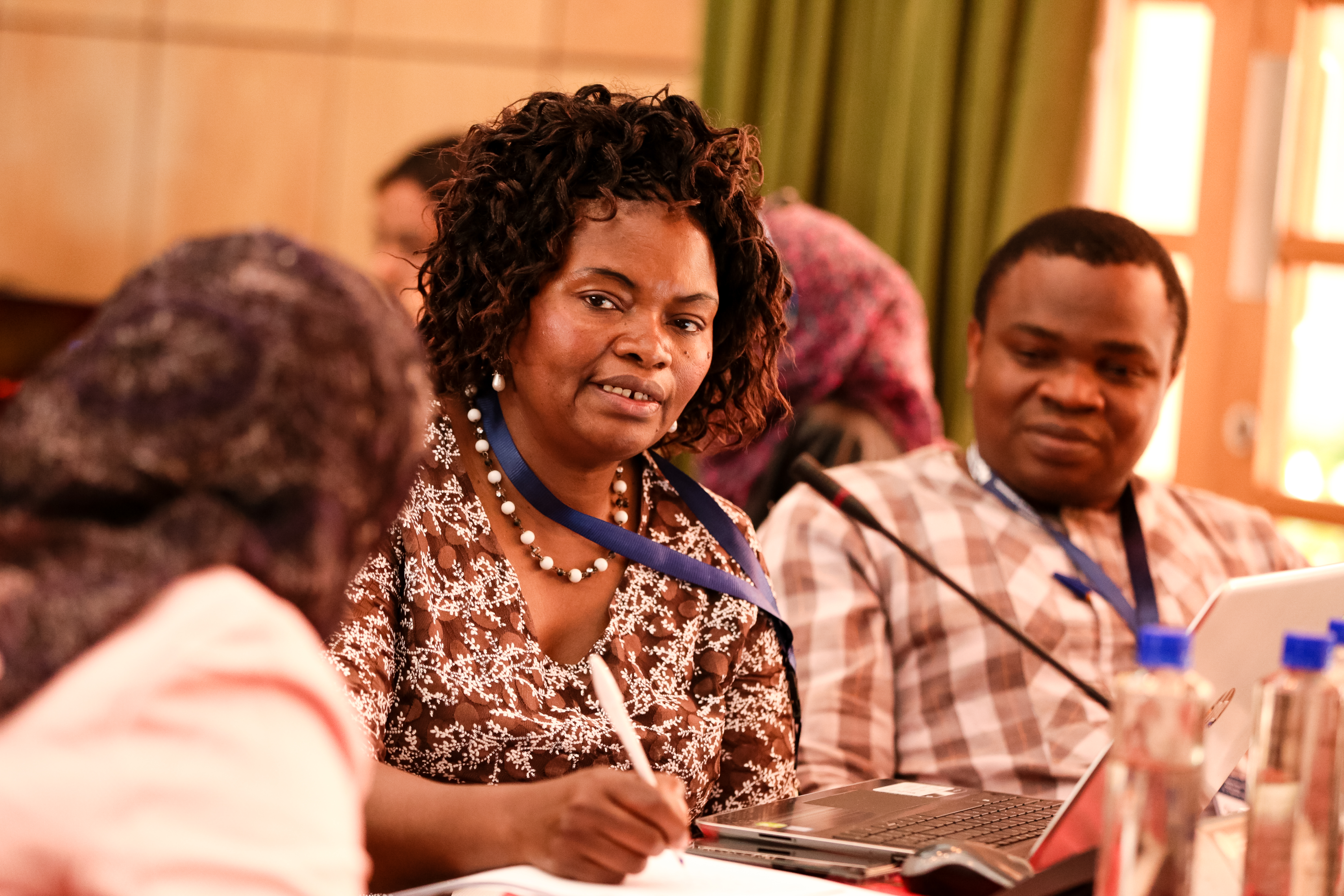AESA PROGRAMMES
- Building R&D Infrastructure
- Developing Excellence in Leadership, Training and Science in Africa (DELTAS Africa)
- Human Heredity and Health in Africa (H3Africa)
- Africa’s Scientific Priorities (ASP)
- Innovation & Entrepreneurship
- Grand Challenges Africa
- Grand Challenges Innovation Network
- Rising Research Leaders/Post-Docs
- AESA RISE Postdoctoral Fellowship Programme
- African Postdoctoral Training Initiative (APTI)
- Climate Impact Research Capacity and Leadership Enhancement (CIRCLE)
- Climate Research for Development (CR4D)
- Future Leaders – African Independent Research (FLAIR)
- Critical Gaps In Science
- Clinical Trials Community (CTC)
- Community & Public Engagement
- Mobility Schemes: Africa-India Mobility Fund
- Mobility Schemes: Science and Language Mobility Scheme Africa
- Research Management Programme in Africa (ReMPro Africa)
- Science Communication/Africa Science Desk (ASD)
- Financial Governance: Global Grant Community (GGC)
- AAS Open Research
- CARI Programmes
- Evidence Leaders Africa (ELA)

News
The African Synchrotron Initiative (ASI) Think Tank

163
The African Synchrotron Initiative (ASI) Think Tank
( DATES: Starts Jan 1, 2022, 12:00 PM, Ends Dec 31, 2022, 8:00 PM)
African Synchrotron is an inter-regional/inter-gov project. It is an accelerator that generates X-rays for research, with several applications in different disciplines and for many private companies: medicine, biophysics, drugs, material for industry, genomic, cristallography, art, cosmetics etc. Africa is the only continent without any synchrotron light source facility. At its 32nd ordinary session, 23–24 January 2018 in Addis Ababa, Ethiopia, the African Union Executive Council calls upon member states to support a Pan-African Synchrotron Initiative. Therefore, the realization of a large facility or several middle size ones in Africa , is a priority.
In 2019, the African Academy of Science (AAS) formed a committee for African Synchrotron Initiative (ASI) and has recently launched the project and constituted an executive committee chaired by Prof. Shaaban Khalil from Egypt. This project is of the order of one billion dollar for an inter-regional large facility. This can be afforded as contributions from African countries and international partners, scientific and economic organizations and foundations.
The challenge for ASI is to prepare the ground for the prospects, the scientific goals and the technical design and discuss with African nations and governments, the importance of the facility (locally and regionally) and its impact on society: science, technology, innovation, entrepreneurship, industry, employment and growth. That is our moto.
ASI COMMITTEE MEMBERS
- Faiçal Azaiez IThemba Labs, South Africa
- Mary Bishai Brookhaven National Laboratory, USA
- Rolf Heuer CERN, Switzerland
- Gihan Kamel SESAME, Jordan
- Shaaban Khalil (Chair) Zewail City of Science and Technology, Egypt
- Malik Maaza IThemba Labs, South Africa
- Fairouz Malek CNRS, France
- Edward Mitchell ESRF, France
- Catherine Ngila AAS ExCom, Kenya
- Yannis Papaphilippou CERN, Switzerland
- Emmanuel Tsesmelis CERN, Switzerland
- Sekazi Mtingwa American Physical Society, USA